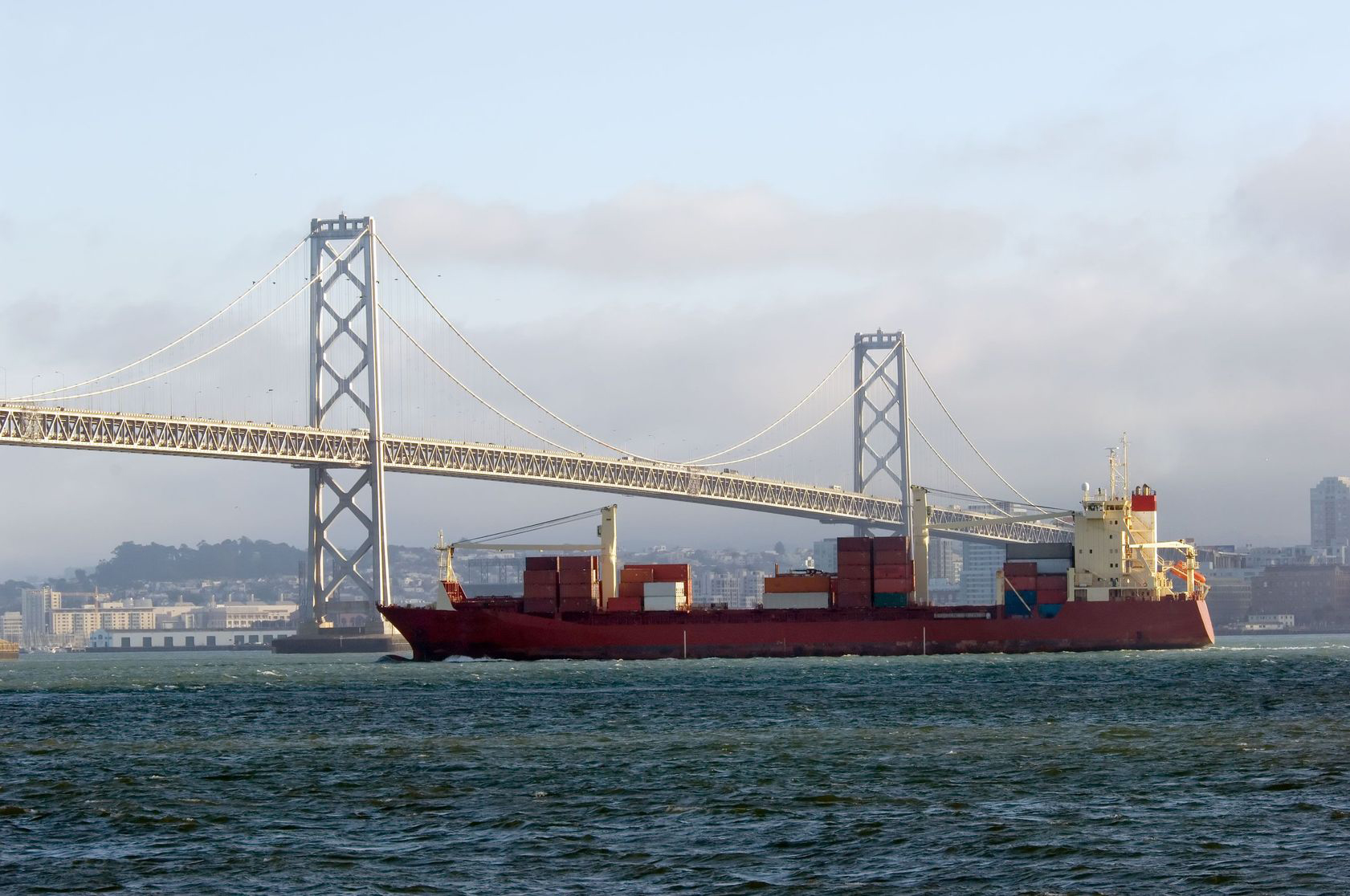Good intentions don’t necessarily make good public policy. Yet last week the Oakland City Council unanimously fell into the same tired old “feel good” political trap.
On a 7-0 vote, council members passed an ordinance prohibiting the storage and handling of coal and petroleum coke within city limits and then followed up by approving a resolution extending the ban to the Oakland Bulk and Oversized Terminal (OBOT), a new facility being built on a former U.S. Army base.
Fortunately, the ordinance and resolution will come back for a second reading on July 19, so the City Council has an opportunity to reverse or amend its decision. If the ban is upheld, City Council members will have chosen to sacrifice an opportunity to boost economic development on the mistaken premise that doing so is in the best interest of the public.
City councilman Abel Guillen stated that last week’s vote was meant to “protect the health and safety of our most vulnerable population.” That is a noble goal but who are the vulnerable members of Oakland’s population that the council is trying to protect?
In assessing the health and safety risks of importing coal and petroleum coke, primarily from Utah, and then transshipping it to Asia, the City Council relied on a report by Zoe Chafe, Ph.D. Chafe’s report referred to the Environmental Protection Agency’s definition of vulnerable citizens, namely, “children, older adults, people with heart or lung diseases, and people living in poverty.”
The problem in acting to protect Oakland’s “most vulnerable population” is that doing so leads to a contradiction. The council members’ decision pits the interests of one group of vulnerable people against those of others.
“The public” is not a single entity, but rather an aggregation of many individuals, each having his or her own interests and preferences.
Concerns about moving coal and petroleum coke through Oakland’s port facilities certainly can be raised. No one wants to live where a child or elderly parent would have trouble breathing.
On the other hand, no one wants to struggle to feed their family because they can’t find a job. The economic growth that accompanies a project like OBOT, which will create an estimated 2,400 jobs, can help alleviate the problems of poverty faced by members of Oakland’s most vulnerable population.
Terminal Logistics Solutions (TLS), which will operate the $500 million OBOT facility, has indicated that it is determined to comply with the standards prescribed by the California Environmental Quality Act. These standards allow Oakland’s citizens to hold TLS responsible for any air- or water-quality violations.
This means that Oakland can both protect its environment and remain committed to raising living standards—a proverbial win-win option. Instead, City Council members are hung up on creating a feel-good policy that may hurt the very people they think they are protecting.











